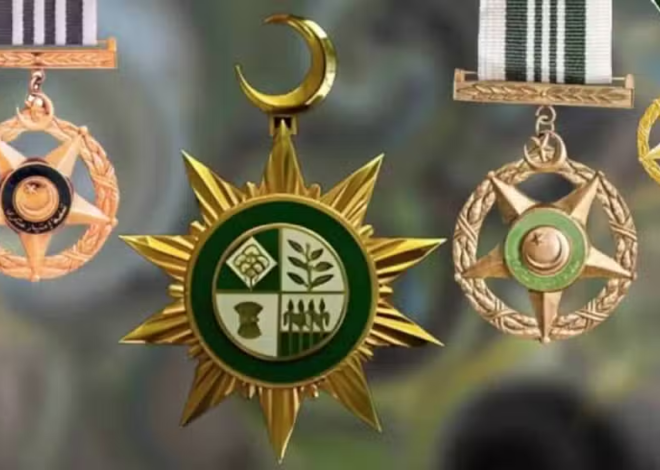
Pakistan Saudi Arabia cooperation Pakistan and Saudi Arabia Deepen Economic and Technical Collaboration
Strengthening Bilateral Ties for Mutual Prosperity
Pakistan and Saudi Arabia have taken a significant step forward in advancing their economic partnership and technical cooperation. This commitment to enhance bilateral relations was formalized during a high-level meeting between Deputy Prime Minister Ishaq Dar and Saudi Minister of Economy and Planning Faisal Fadhil Al-Ibrahim. The meeting took place on the sidelines of important United Nations Security Council events, where Pakistan currently holds the presidency.
Pakistan Saudi Arabia cooperation: Both leaders reaffirmed the enduring fraternal relationship shared by the two nations. They expressed a shared vision for lasting peace, inclusive prosperity, and regional harmony. The meeting underscored the importance of leveraging their longstanding ties to foster greater economic integration and technical collaboration in a rapidly changing global environment.
Expanding Cooperation in Key Sectors
Pakistan Saudi Arabia cooperation: A major focus of the discussions was expanding joint efforts across several key sectors. The leaders identified food security, manufacturing, and mines and minerals as areas offering substantial potential for mutual benefit. By advancing cooperation in these sectors, both countries aim to create new opportunities for investment, technology transfer, and knowledge sharing.
Food security remains a critical concern for both Pakistan and Saudi Arabia. Enhanced collaboration in this sector will not only contribute to stable food supplies but also open avenues for agricultural innovation and trade. Similarly, joint ventures in manufacturing and mineral extraction can drive industrial growth, create jobs, and strengthen the economic foundations of both nations.
Promoting Regional Peace and Dialogue
Beyond economic matters, Deputy Prime Minister Ishaq Dar emphasized the importance of peaceful conflict resolution through dialogue and respect for international law. During his engagements in New York, Dar reiterated Pakistan’s commitment to upholding the principles enshrined in the United Nations Charter. He asserted that sustainable peace is achievable only through multilateral cooperation and adherence to globally accepted norms.
Ishaq Dar spoke passionately about Pakistan’s foreign policy priorities during a reception hosted by Pakistan’s Mission at the United Nations. He shared that during Pakistan’s presidency of the UN Security Council, three key priorities have been chosen: peaceful resolution of conflicts, promoting multilateral cooperation, and strengthening collaboration between the United Nations and regional organizations like the Organization of Islamic Cooperation (OIC).
Pakistan’s Presidency at the UN Security Council
Pakistan’s current role as president of the UN Security Council marks a moment of honor and responsibility for the nation. Ishaq Dar highlighted that Pakistan’s foreign policy is based on principles of mutual respect, shared interests, and cooperative engagement, all firmly aligned with international law and the UN Charter. This approach is particularly crucial as the world faces numerous long-standing disputes, many of which are complicated by unilateral actions and breaches of international legal standards.
The Deputy Prime Minister pointed out that such disputes are present in nearly every region of the world, often driven by national interests that run counter to the spirit of cooperation and global order. He called for renewed efforts to resolve conflicts through dialogue and consensus-building, rather than confrontation or coercion.
Building a Shared Future Through Partnership
Pakistan Saudi Arabia cooperation: The renewed commitment between Pakistan and Saudi Arabia is part of a broader strategy to elevate regional stability and economic development. As the two nations work to transform their economic ties, they are setting new benchmarks for technical collaboration, investment, and diplomatic engagement. This partnership is not only expected to drive mutual growth but also to contribute to the peace and prosperity of the wider region.
The discussions and agreements reached during this period highlight the potential of Pakistan-Saudi cooperation to address key challenges, from food security to industrialization, while reinforcing a shared commitment to peace and international cooperation.







